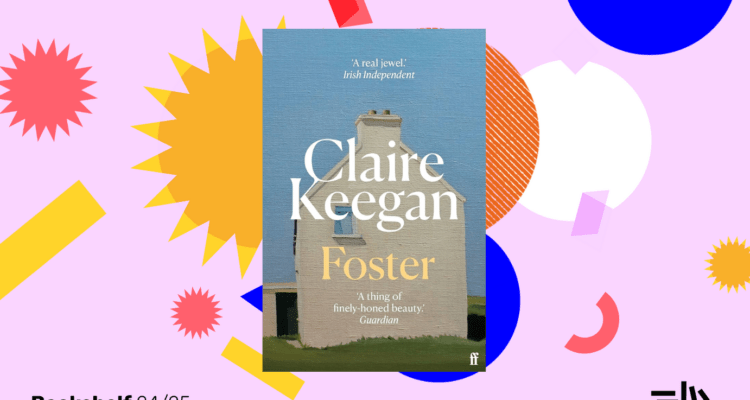Featured Poem: To the Nightingale by William Cowper
The Reader's Learning and Quality Leader, Clare Ellis, reflects on this week's Featured Poem, To the Nightingale by William Cowper.
I love the opening lines of this poem, when ‘amazed’, our human centric sense of time and place is mixed up somewhat, shaken down perhaps, and rejuvenated by the sheer surprise of hearing the bird’s song ‘from yonder withered spray’ of New Year. It reminds me how much nature can set us aright again, lift us up and out of ourselves, into a wider sphere, where even a bleak beginning in January can be transformed into ‘the melody of May.’ Nature helps us give the world and ourselves another chance; the bird’s song can help us take another look.
I also like the humbleness of the speaker in the poem and the fact that he can recognise the bird’s song as a gift, ‘a favour shewn’, which he is lucky enough to receive. The word ‘witness’ interests me here; rather than say ‘I hear it alone’ we have ‘I witness it alone’. To me, this raises the importance of the bird’s song as something of great moment, that needs to be formally recorded somehow so it does not get lost.
Also, I find myself asking, why ‘alone’? To the modern mind, we are aware of our risk of sentimentalising nature, seeing perhaps a personal relation when others are all quick to say something like ‘well it isn’t nature that thinks that, you’re not special to nature, that’s you seeing it that way.’ Such comments always leave me alittle depressed. The accusation of anthropomophism. What I especially appreciate here therefore is the contrasting feeling of actually being chosen or selected by the bird’s song. Who doesn’t want to feel looked out for after all?
A good poem to arm ourselves with, or better still to share with a friend or read aloud to nature, this January; a poem that acknowledges the difficult of coping with this time of year but which also opens up windows of other voices to come, ‘To make even January charm/ and every Season Spring.’ How wonderful that the human voice can find itself in dialogue with other life forms and take heed and learning from them. And thanks to Cowper for caring about this experience enough to want to share it other others, carefully recording it in 1792 so it can still reach us in 2019!
To the Nightingale
Which the Author Heard Sing on New-Year's Day, 1792
Whence is it, that amaz'd I hear
From yonder wither'd spray,
This foremost morn of all the year,
The melody of May?
And why, since thousands would be proud
Of such a favour shewn,
Am I selected from the crowd,
To witness it alone?
Sing'st thou, sweet Philomel, to me,
For that I also long
Have practis'd in the groves like thee,
Though not like thee in song?
Or sing'st thou rather under force
Of some divine command,
Commission'd to presage a course
Of happier days at hand?
Thrice welcome then! for many a long
And joyless year have I,
As thou to-day, put forth my song
Beneath a wintry sky.
But thee no wintry skies can harm,
Who only need'st to sing,
To make ev'n January charm,
And ev'ry season Spring.
by William Cowper
Would you like the opportunity to read this or other poems in a Shared Reading group?
If you like the idea of listening along to a story or poem, why not come along to a Shared Reading group? We run groups across the UK, you can find one near you here.
If you can’t find a group in your local community, why not help us bring Shared Reading to your area by becoming a volunteer?
Share
Related Articles

December’s Stories and Poems
The Reader Bookshelf theme of ‘Wonder’ might make many of us think of the very special kind of wonder which…

December’s Choice From The Reader Bookshelf
The Reader Bookshelf is a carefully curated collection of literature for adults and children, exploring a different theme each year, this year’s…

November’s Stories and Poems
This month, we are turning our focus to a major part of The Reader’s in Criminal Justice settings. For 15…


